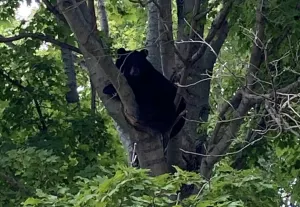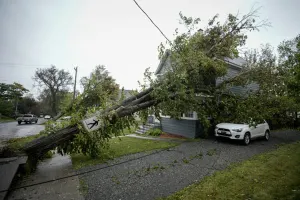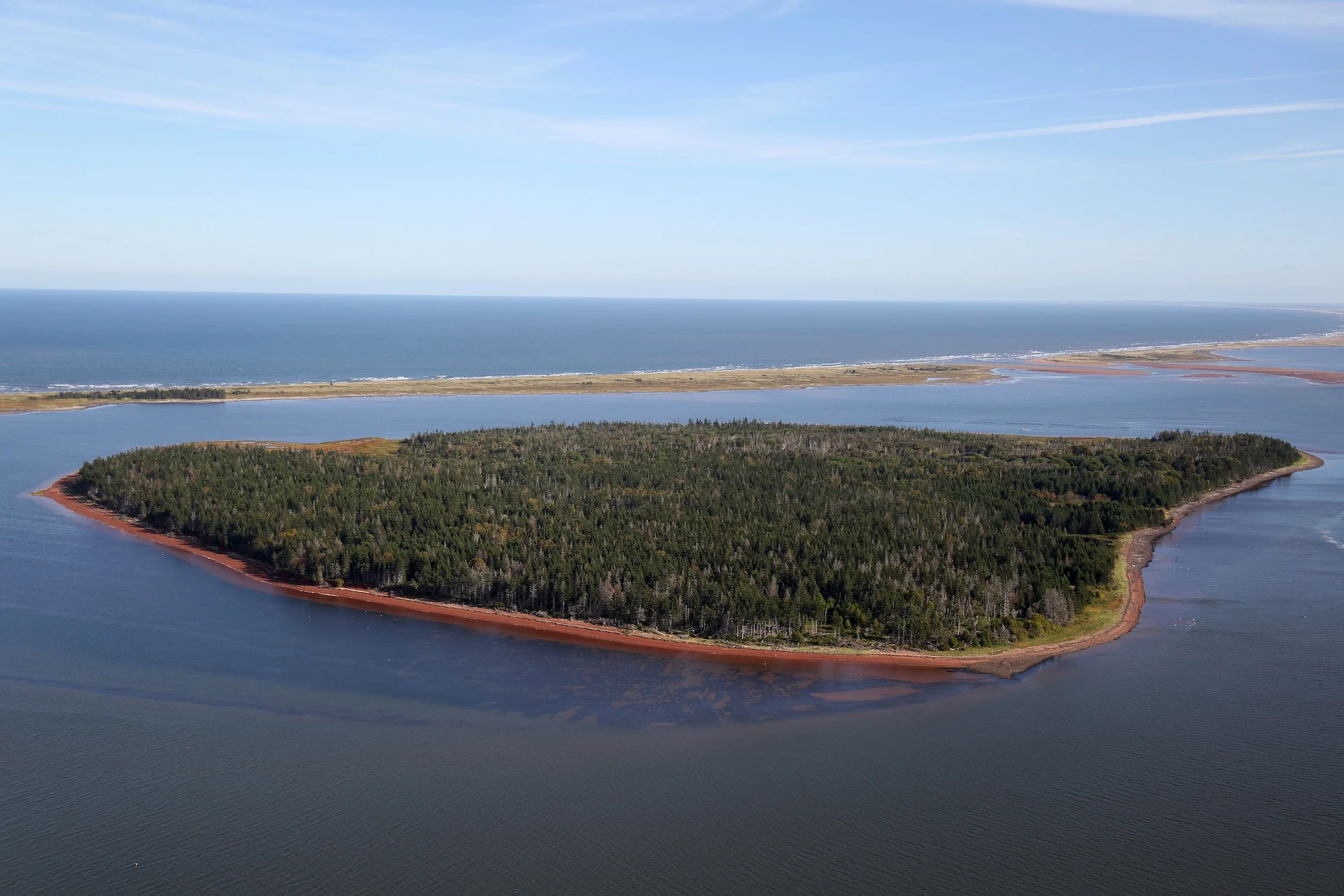
New conservation deal in P.E.I. is significant Earth Week milestone
The Nature Conservancy of Canada (NCC) marked Earth Week with a major deal to protect a culturally and ecologically significant island on the East Coast.
Conservation sees its best results when we all work together for the greater good of the planet.
That is a goal the Nature Conservancy of Canada (NCC) is always working towards, with another significant milestone reached to mark this year's Earth Week.
DON'T MISS: Intergenerational gardening reaps benefits for people and wildlife
Announced on Wednesday, details were given of a new deal to protect Kwesawe’k, also known as Oulton’s Island, situated in P.E.I. It is considered "a culturally and ecologically significant island," according to NCC, located near Alberton in Cascumpec Bay. The agreement is a partnership between the Epekwitnewaq Mi’kmaq and the NCC. The ultimate goal is to transfer it to the Epekwitk Assembly of Councils in four years.
"It is of cultural importance to the P.E.I. Mi'kmaq, so we pursued the idea that if we were to acquire the property [and] successfully raise all the money, we would give the island back or return it to its original stewards," said Lanna Campbell, NCC's Prince Edward Island program director, in a recent interview with Nathan Coleman, a reporter at The Weather Network.
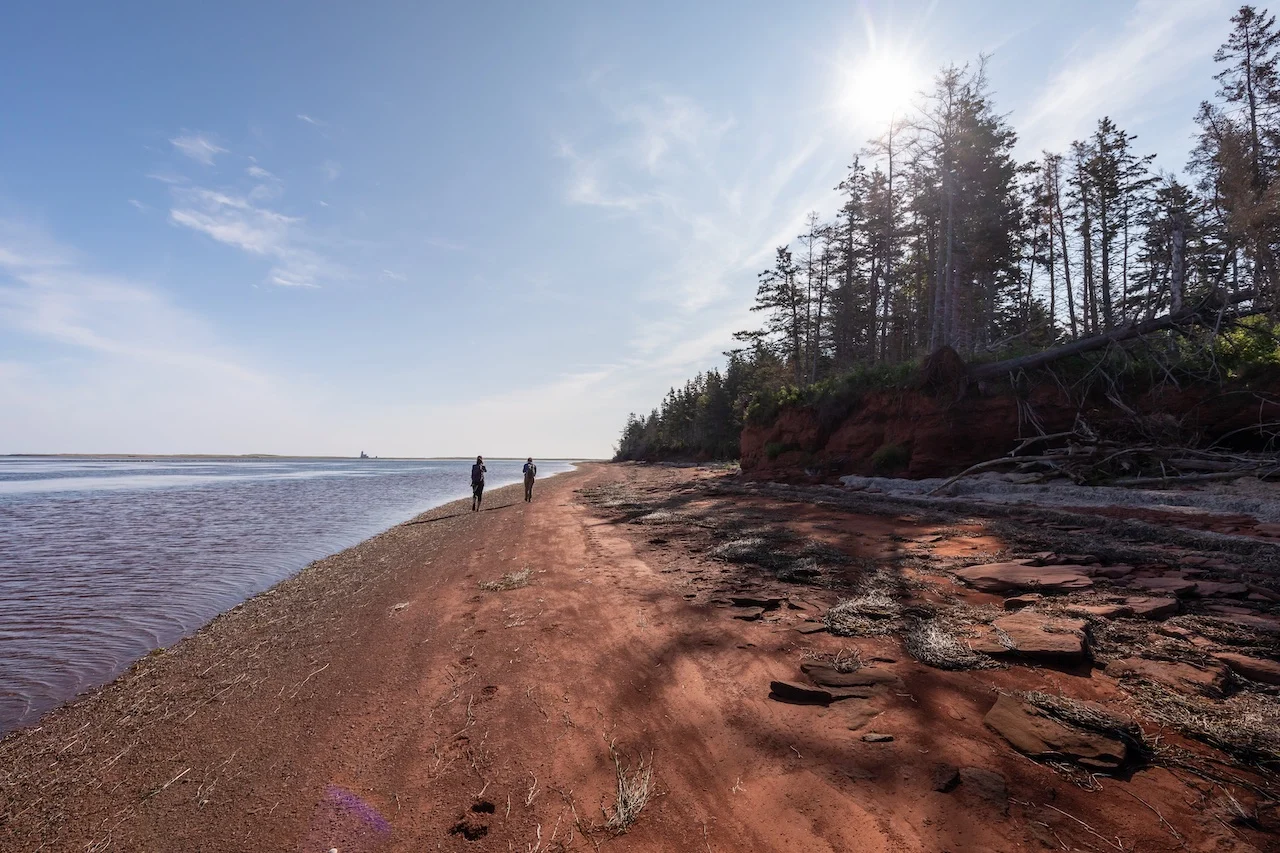
(Stephen DesRoches/Nature Conservancy of Canada)
"What we're celebrating is raising all the money to successfully purchase the island."
NCC 'tweaked the interest' to get the deal made
The project has been in the works since 2021, but NCC first earmarked Kwesawe’k as an important priority for conservation in the 1980s.
"A couple of stars [began] aligning [so] that we could maybe go for Oulton’s Island. I had a relationship with the land owners. The island was held by private individuals," said Campbell. "It was a bit of an idea in the beginning, and it felt like we had tweaked the interest of the right people."
According to NCC, Kwesawe’k features nearly 85 hectares of salt marsh, freshwater wetlands and Wabanaki (Acadian) forest. The latter is mainly characterized by jack pine, black spruce, white spruce and white birch trees.
The site is also a nesting ground for great blue heron, double-crested cormorant and bald eagle, and offers vita habitat for migrating waterfowl and small animals such as the snowshoe hare and red squirrel.
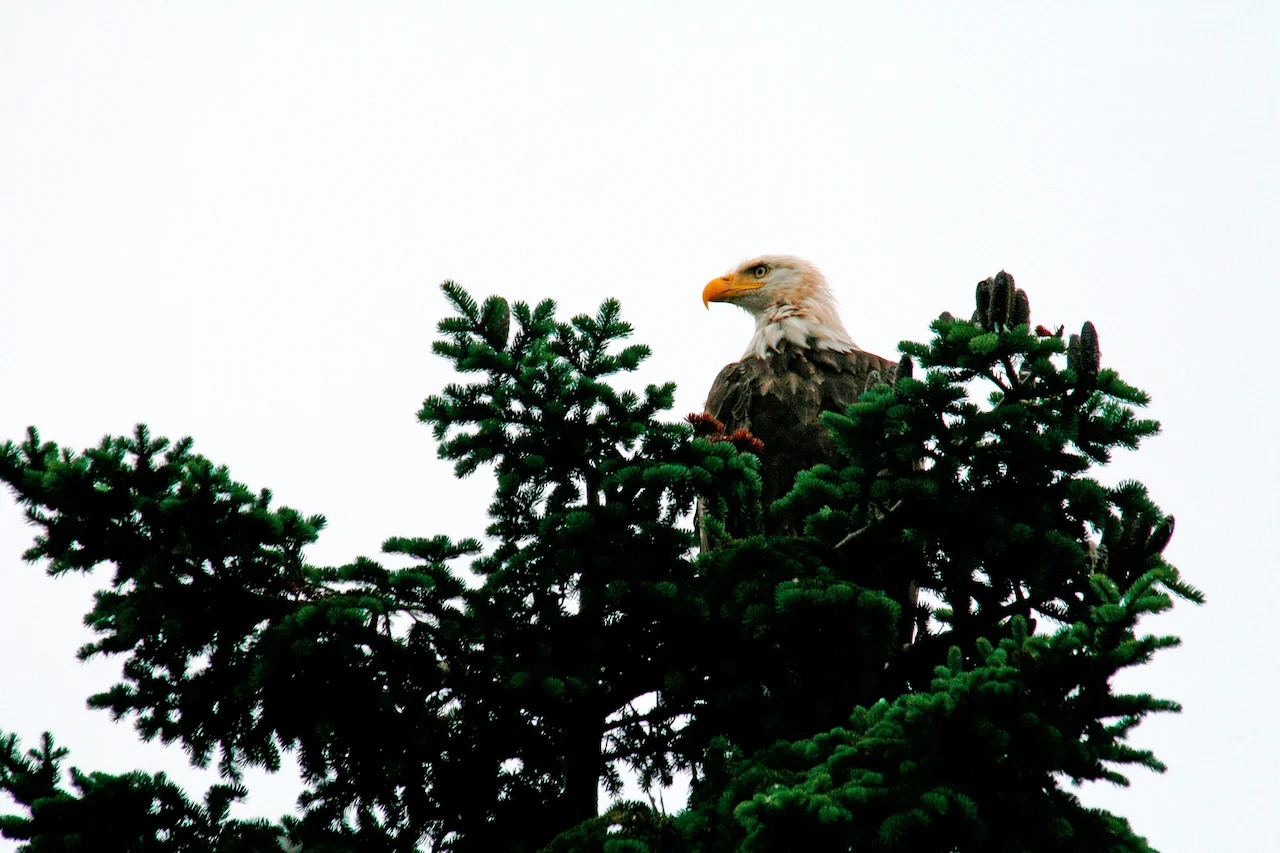
(Margot Elliot/Nature Conservancy of Canada)
Campbell noted the organization will be taking additional inventory of the birds and plants currently on the island, which will remain intact for conservation so "nature can do as it needs to do."
"If the Mi'kmaq wishes, we can do a more archaeological investigation to see if we can discover any pre-contact evidence of them having used the area," said Campbell. "We'll do a bit more exploring, but the island will be protected for conservation purposes and people will still be allowed to visit it."
SEE ALSO: How sharks and psychopaths prepared her for tackling the climate crisis
WATCH: Vital protection covers large section of rare forest in Nova Scotia
As part of its unique history, Campbell said Oulton’s Island used to house a fox farm, but the site has been mostly left untouched in recent years.
"If we [didn't] step in and purchase the island for conservation, it is hard to say what may have happened to it," said Campbell.
Since the campaign launched in fall 2022, supporters have raised 97 per cent of NCC’s $1.3-million goal. Currently, the organization is looking to accumulate the remaining money to ensure the island is cared for, in collaboration with the Epekwitnewaq Mi’kmaq.
 (Karol Dabbs/Nature Conservancy of Canada)
(Karol Dabbs/Nature Conservancy of Canada)
"We have reached a large milestone in working together toward the protection of Kwesawe’k," said Darlene Bernard, Lennox Island First Nation Chief and Epekwitk Assembly of Councils co-chair, in a news release.
"We are eager to see what the island holds, what it can tell us about our past, and what we can do to preserve its natural integrity into the future. I look forward to continued collaboration with our partners at NCC to protect this beautiful island in perpetuity."
WATCH: See why this B.C. landmark should be on your hiking bucket list
Thumbnail courtesy of Mike Dembeck/Nature Conservancy of Canada.
Follow Nathan Howes on Twitter.









